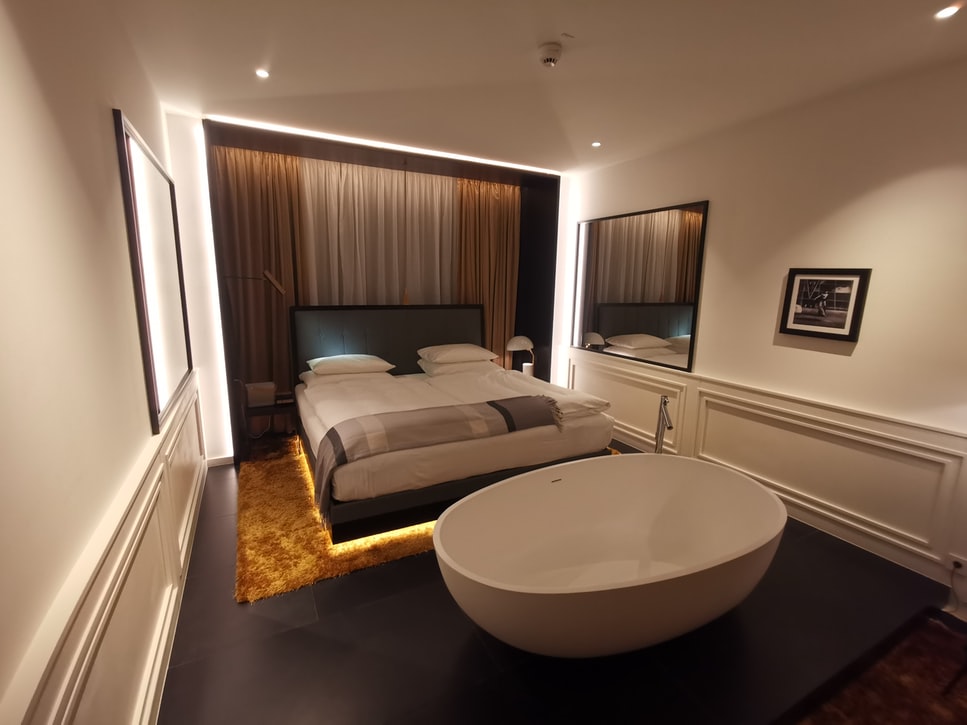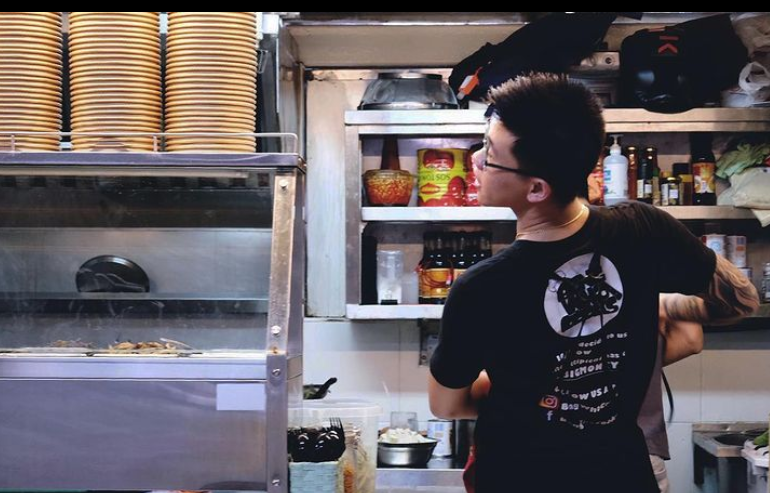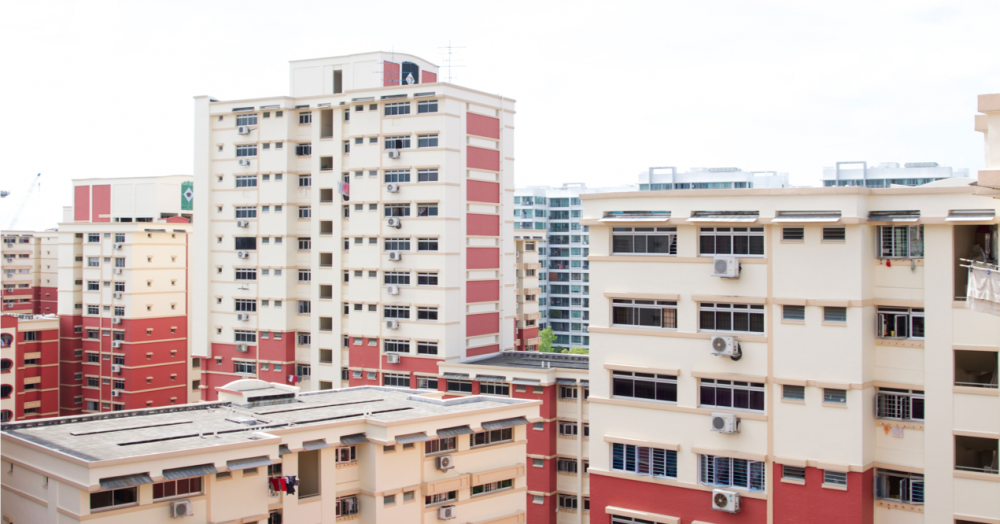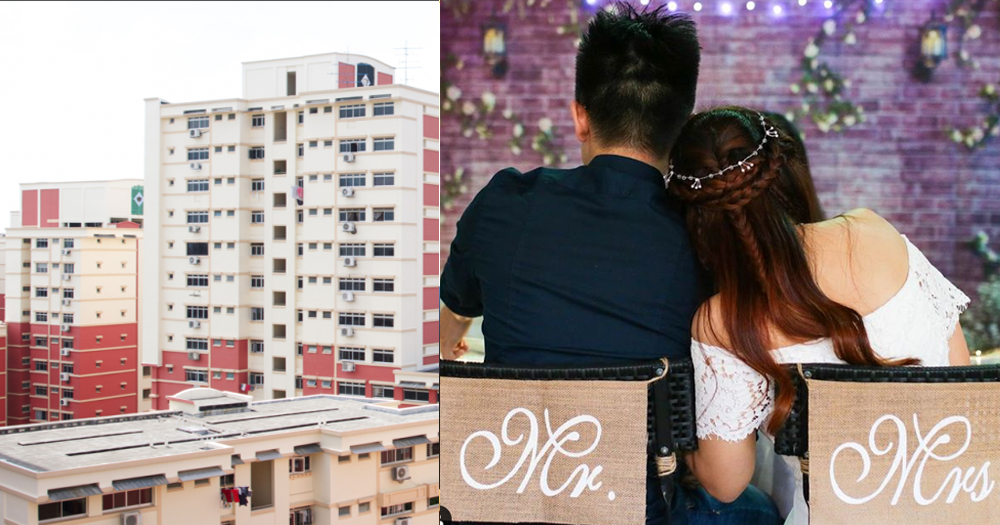PERSPECTIVE: The wait for a BTO is a process that many young Singaporean couples go through.
But in between getting married and collecting the keys to their new flat, some couples choose not to move in together, and continue living in separate houses as a married couple.
While this arrangement is not ideal for two people embarking on a lifelong journey together, we speak to some of them to find out why this is option makes the most sense for them.
Perhaps the most noticeable transition between being merely "in a relationship" to being married in Singapore is such: You now live with the person and go home to them every day.
But romance in Singapore comes with certain peculiarities specific to this island-state. Like how, for many young Singaporeans, the decision to settle down with someone is also inadvertently entwined with the BTO application process.
After all, BTO flats typically take a good few years to be ready after you have successfully balloted for and selected a unit, and since a marriage certificate has to be presented upon collection of keys, it follows that a couple would have to get married before then.
Which means that there will likely always be an awkward gap between the time a couple is officially married, and when they can actually start living in their new house together.
Some couples might move in to either parents' house or rent during this period. But for some, they continue living apart as a married couple until their BTO flat is ready.
Which is not ideal, as they would agree, but this happens to be the arrangement that is the most practical for them.
Moving to either partner's home not feasible
JZ Pang, 30, who got married in December 2019, tells me that her husband lives with his parents and three other siblings, a situation involving "too many people", so it is not feasible for her to move in with him.
Pang further explained that her husband's workplace as well as home is also in the east, so it is actually more convenient for him to stay with his parents.
"My place is also too far for him to travel to work back and forth daily," she said.
Instead, the couple makes time for each other by meeting up during the weekend, when her husband would stay over at her place for one or two nights before returning home on Sunday afternoon.
Samantha* (not her real name), 27, faces a similar circumstance, as both she and her husband share a room with their siblings. She said:
"Our parents’ homes are already pretty crowded (we each have two siblings and we still share rooms with our siblings), and we thought it’ll be inconvenient to accommodate one more person. I already have to queue to use the bathroom at home now!"
For Samantha and her husband, they meet up two to three times a week for dinner, or spend time together during the weekend.
Unlike Pang, they hardly stay over at each other's place, so how do the newlyweds have some alone time to themselves?
The solution is a quintessentially Singaporean one: booking a staycation.
"After our solemnisation ceremony, we booked a hotel for a staycation that weekend... Yes, we've been coping with staycations for now."
 Reisetopia/Unsplash.
Reisetopia/Unsplash.
Workplace arrangements
Throughout my conversations, I find that the idea of "romance" in Singapore might take on a very pragmatic form -- it may very well be understanding what is best for your partner and making compromises so he/ she can get slightly more rest, even if this means that the couple doesn't spend as much time together.
For 28-year-old Jason Chua, who got married in 2019, he shared that he used to stay over with his wife more often.
However, at the peak of Covid-19 transmission in Singapore with the Circuit Breaker kicking in, the couple decided to not see each other to minimise the risk of infection and transmission.
Chua, who works in the F&B business and used to operate a hawker stall, said that he didn't wish to risk infecting his wife, who works with children and lives with her elderly parents.
"My parents, who are in the F&B industry like me, were out every day and interacting with people. So the risk in my home was rather high during that period."
 jasonbigmoney/IG
jasonbigmoney/IG
Even in Phase 2, when cases began to drop and stabilise, the couple also found it hard to meet frequently due to his work commitments – Chua lives in Loyang and used to work long hours in the CBD while his wife lives in and works in the west.
"l'll be working every day till at least 10:30pm or 11pm. By the time I get to her house, she would probably be out cold in bed. I don’t wanna disturb her even though I believe she'll say she doesn't mind waking up to open the door for me."
Chua, who has closed his hawker stall to start a restaurant along Neil Road, says he will try to see his wife as often as possible now before he gets busy again with the eatery's opening.
But he is optimistic, saying: "It will only get better!"
Unwilling to spend on rental
A question that intuitively follows: Why not rent a place then?
Renting a place, compared to living with one's parents, is often seen as a step towards freedom and independence.
But as rental prices in Singapore can get pretty steep, most of the couples I spoke to expressed a preference to save the money (in the short-term) and spend it on their new (long-term) home instead.
Even if this means not coming home to each other every day for now.
Renting was described to be an "additional expense" for Pang and her husband, who would rather spend the money on their new house.
"Most couples I know move into either partner's house. For us it's cause of logistical issues, (renting) is an additional expense too. We chose to save the money for the new house instead."
Samantha also added that they considered renting, but ultimately didn't feel that it was a "wise" financial commitment:
"We actually didn’t quite plan on staying apart for too long. Without the flat delay we would only need to stay apart for two to three months so that was okay with us (our flat was supposed to be ready around this quarter, but it has been delayed to next June).
Renting a place would cost easily S$1,500, and if it's for a year it’s more than S$15,000, which can be pumped into our house renovation since that’s gonna be our (more) permanent living space."
Sorting through things while being apart
Given the various reasons, these couples will just have to continue living in separate houses for now -- something that Pang has said she's "fine" with.
Pang said that she and her husband are both "quite independent", and that there was "nothing too tough" about living apart.
"In fact, we are enjoying our last few months of personal space before living together for the rest of our lives," Pang added.
But of course, like all newlyweds, Pang and her husband are looking forward to moving into their Bedok flat in 2021.
Pang, who is currently pregnant, also said that she is "coping fine" for now but "things will change when the baby is out" -- sometime in December this year -- as she will likely need all the support she can get as a new mum.
 Photo via Shermin Ng/Unsplash.
Photo via Shermin Ng/Unsplash.
Not every couple is as laidback, though.
For Chua, who said he tends to rely on his wife emotionally while she is "physically clingy", he personally feels that it is very difficult for him when he doesn't see his wife for long stretches.
But just because living arrangements are pragmatic doesn't mean romance isn't dead.
Chua said that during the CB period, his wife would always call him to "make sure (he) was all right and eating well". There were also many instances there he would call her just so he could hear her voice.
"Actually my wife deserves big praise," Chua said, explaining how she has been incredibly supportive with his business endeavours and long hours.
Open communication and mutual support are crucial for working through challenges together -- a task that is sometimes made tougher, however, when both parties don't get to see each other face-to-face that often.
Samantha, who got married in August this year, also shared that she has had arguments with her husband in the past few months as being apart was more difficult than they expected.
"After we got married, we realised it’s not as easy as we thought.
We initially thought we will be okay but then it got a bit frustrating. It’s difficult to even find private space or time to just talk about our day or discuss future plans at our parents’ homes because our siblings are mostly at home... Wah, wanna argue also very difficult!"
What, then, is a good way to maintain a loving marriage, despite being physically apart for the most part?
According to Chua, who prefaces his comment by calling it a "mini advice":
"Never ever doubt your partner! Clear things up before going to sleep because if not, the problem will grow."
Makes sense, I think.
Top photo via Unsplash, Jason Chua's Instagram.
If you like what you read, follow us on Facebook, Instagram, Twitter and Telegram to get the latest updates.
